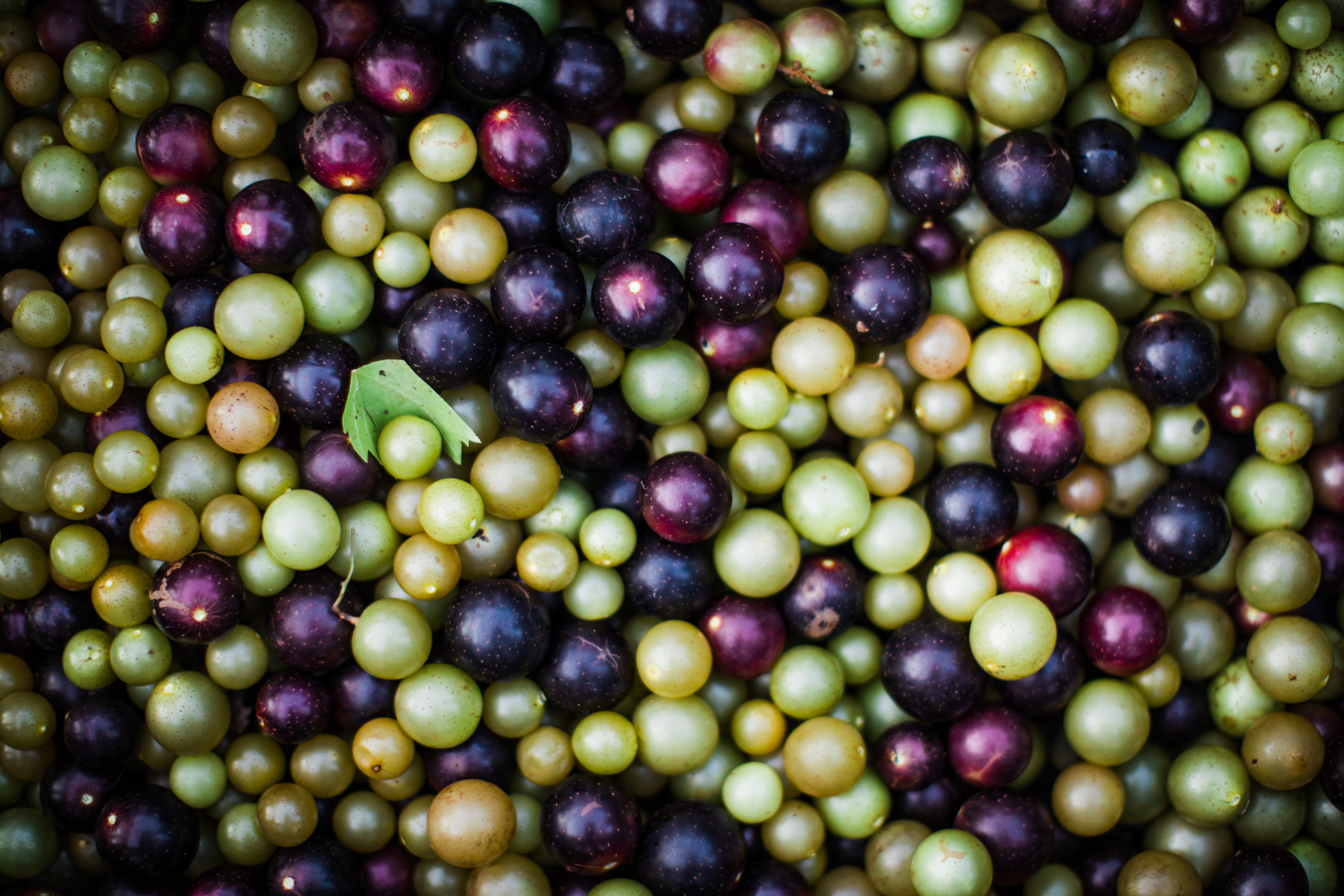We have had a couple of very intense months, with no sign of easing up, and we wanted to take a moment to pause and acknowledge the trauma and rage we have felt over the violent deaths of George Floyd, Breonna Taylor, Ahmaud Arbery and countless other black individuals. The Concrete Jungle staff and Board want to acknowledge that injustices against the Black community go beyond police brutality. These murders, in addition to the way COVID-19 is disproportionately impacting communities of color, highlight the injustices that continue to plague the Black community and other marginalized individuals.
Since Concrete Jungle’s first fruit harvest 11 years ago, it has been painfully clear that the populations we serve in food-insecure, low-income communities are largely people of color. Black Americans are twice as likely to live in poverty as White Americans (Brookings Institution). This can be attributed to inequalities in education, high incarceration rates, discrimination in the workplace, and many systemic decisions made in this country tracing all the way back to slavery (Family and Community Health).
In these communities, our neighbors lack equitable access to basic resources like food, healthcare, and non-polluted environments.
- Communities of color are exposed to 1.5 times more air pollution than white communities (American Journal of Public Health)
- Low-income neighborhoods have half as many supermarkets as wealthy neighborhoods and four times as many corner stores. The same study found four times as many supermarkets in predominantly white neighborhoods compared to predominantly black ones (American Journal of Public Health)
- “Racial and ethnic minorities receive lower-quality health care than white people—even when insurance status, income, age, and severity of conditions are comparable.” (National Academy of Medicine)
In Concrete Jungle’s work providing fresh, healthy produce to food-insecure communities, we see these racial inequities surface in the prevalence of chronic disease. Food insecure individuals are 2-3 times more likely to have diet-related chronic diseases such as type 2 diabetes, hypertension and heart disease (Current Nutrition Reports). Black individuals develop chronic diseases a decade earlier than white individuals and are twice as likely to die from diabetes (Propublica). Healthy food access is a key component of addressing chronic conditions.
COVID-19 has further brought these long-standing disparities into sharp relief. Despite making up only 13% of the US population, Black Americans are roughly one third of all COVID-19 hospitalizations, and in some places – including Atlanta – considerably more (CDC). In a letter to Health and Human Services, US Senators wrote, “Although COVID-19 does not discriminate along racial or ethnic lines, existing racial disparities and inequities in health outcomes and health care access may mean that the nation’s response to preventing and mitigating its harms will not be felt equally in every community.”
Without a doubt, the past two and a half months have been exhausting, terrifying and frustrating as we are figuring out how to support each other in a pandemic and through the horrible killings of George Floyd, Breonna Taylor, and Ahmaud Arbery. There have been moments of incredible grace and reason for optimism through innovation, as well as times of immeasurable grief and anger. We stand ready to continue supporting our neighbors and community at large to ensure that all Atlantans have access to healthy and nutritious food.
We will continue to do so by harvesting as many fresh fruits and veggies as we can and providing them to our neighbors in need through our COVID Grocery Delivery Program. We also plan to work individually and as an organization to advocate for equity, fight for racial justice, and be good neighbors. The only way we’re going to create a systemic change is by standing together as a community. If there’s any way that we can stand with you, let us know.
If you’d like more in-depth reading about the statistics cited here, these are some very impacting articles:
- Examining the Impact of Structural Racism on Food Insecurity
- ‘A Terrible Price’: The Deadly Racial Disparities of Covid-19 in America
- The Black American Amputation Epidemic
And if you’d like to lend a hand with our COVID Grocery Delivery Program, please sign up to help deliver or pack groceries.
In fruit and justice, your Concrete Jungle family.
